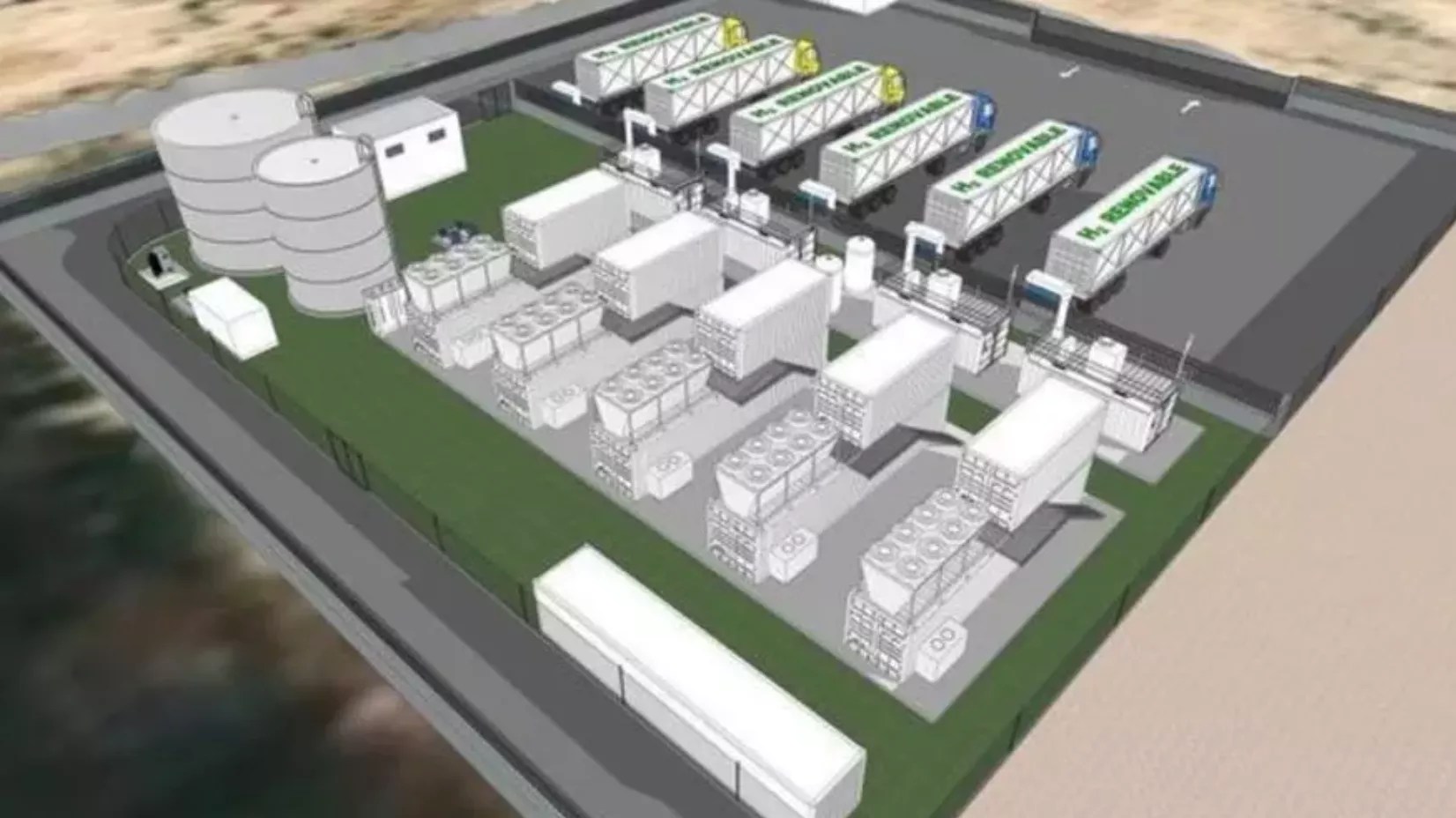The Cabildo de Tenerife revealed yesterday its plan to implement an advanced traffic regulation system on the TF-1 motorway, following the model set for various TF-5 sections. The aim of the insular corporation is to decrease vehicle congestion by between 30% and 60%, according to research conducted.
The island’s president, Rosa Dávila, stated yesterday that this model, which is based on artificial intelligence, “has already proven its effectiveness in cities such as Madrid.”
Dávila explained that the system incorporates intelligent traffic signals that, through real-time data regarding the number of vehicles on the road, manage entries and access to the main thoroughfares during peak hours. “This cutting-edge technology will enable us to significantly ease congestion across several sections, enhancing mobility on the island,” she remarked.
To assess the implementation of this system in various sections, the Corporation will meet with the General Directorate of Traffic (DGT) in Madrid today.
The president highlighted that, for the northern region, 4 million euros have already been allocated in the budget for its implementation across several sections of the TF-5, where the initiative is expected to be operational by 2026.
The regulation of merging onto the motorway will be conducted via an intelligent system that monitors vehicle density in real time, dynamically managing accesses and entrances to the roads based on the level of congestion observed in each section at any given moment.
Third lane San Isidro-Las Américas
In addition, the Cabildo’s Road Minister, Dámaso Arteaga, mentioned that, alongside the development of smart systems like this, the solution for the TF-1 also involves the expansion to three lanes in the San Isidro to the Americas stretch. “Our priority is the projects aimed at improving mobility,” he stated yesterday.
He further emphasised that, similarly, more intelligent management solutions are being explored, acknowledging that “construction always brings inconvenience. We witnessed this in Ortoteanda, and we must collaborate to alleviate stress.” “The university study presented was optimistic. We remain hopeful. During certain peak times, we estimated this figure,” Arteaga said yesterday regarding the new system.
















